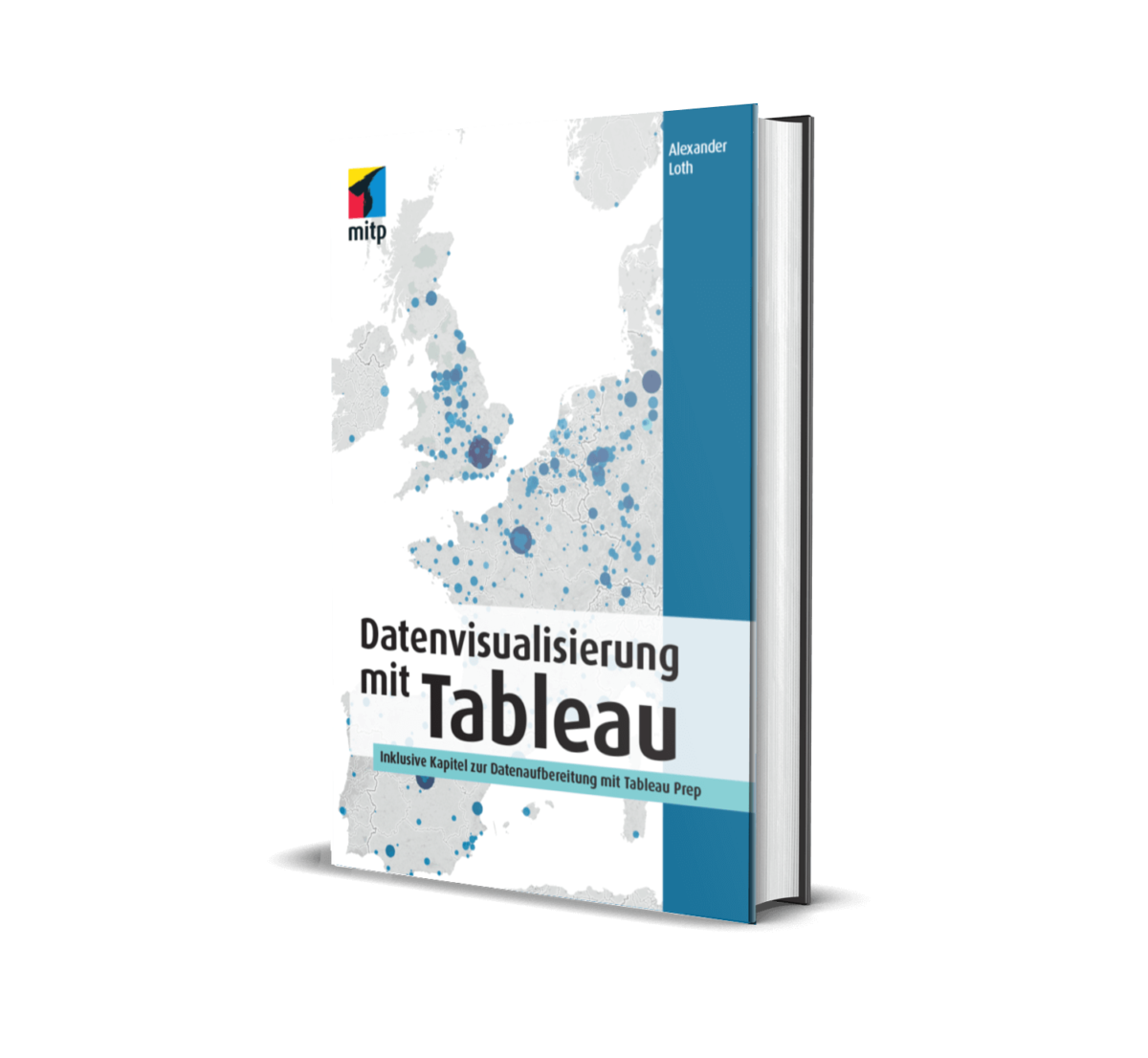Category: Technology
-
Meetings limited to 30 min and a 4-Day Workweek, Boosts Productivity by 40%: Microsoft’s Success Story
The 4 day workweek Microsoft experiment is a groundbreaking initiative that has captured global attention. By embracing a four-day workweek in Japan, Microsoft achieved a 40% boost in productivity. This article explores the details of the experiment, its implications, and how it aligns with the broader trends in automation and work efficiency. The Future of…
-

Datenvisualisierung mit Tableau: Geben Sie mir Feedback für die 2. Auflage des Tableau-Buchs
Wow, es ist noch gar nicht lange her, seit mein Buch Datenvisualisierung mit Tableau veröffentlicht wurde! Ich danke allen Lesern für die vielen postiven Rückmeldungen und freue mich, dass mein Buch Ihnen hilft Erkenntinsse aus Ihren Daten abzuleiten und diese im Unternehmen zu teilen. Die erste Auflage des Tableau-Buchs ist nun auch schon fast ausverkauft.…
-

5 Productivity Hacks to improve your Meeting Culture
Everyone has experienced days that are almost completely filled with meetings. Since business trips have become redundant due to the Covid-19 pandemic and you no longer need to plan in any travel time, it is very tempting to fill in the remaining gaps in your schedule with new tasks – and in the worst case, there is no time for lunch. Is this the type of modern work we want to experience? Below we have put together some ideas and suggestions that can help to make your working day more pleasant.…
-
GPT-3: A Leap in Language Generation But Not True AGI– Insights from Decisively Digital
Artificial Intelligence (AI) has been making significant strides in recent years, particularly in the realm of generative AI. Among these advancements, OpenAI’s GPT-3 (Generative Pre-trained Transformer 3) has emerged as a groundbreaker. While its language generation capabilities are astonishing, the question remains: Are we any closer to achieving Artificial General Intelligence (AGI)? In this article,…
